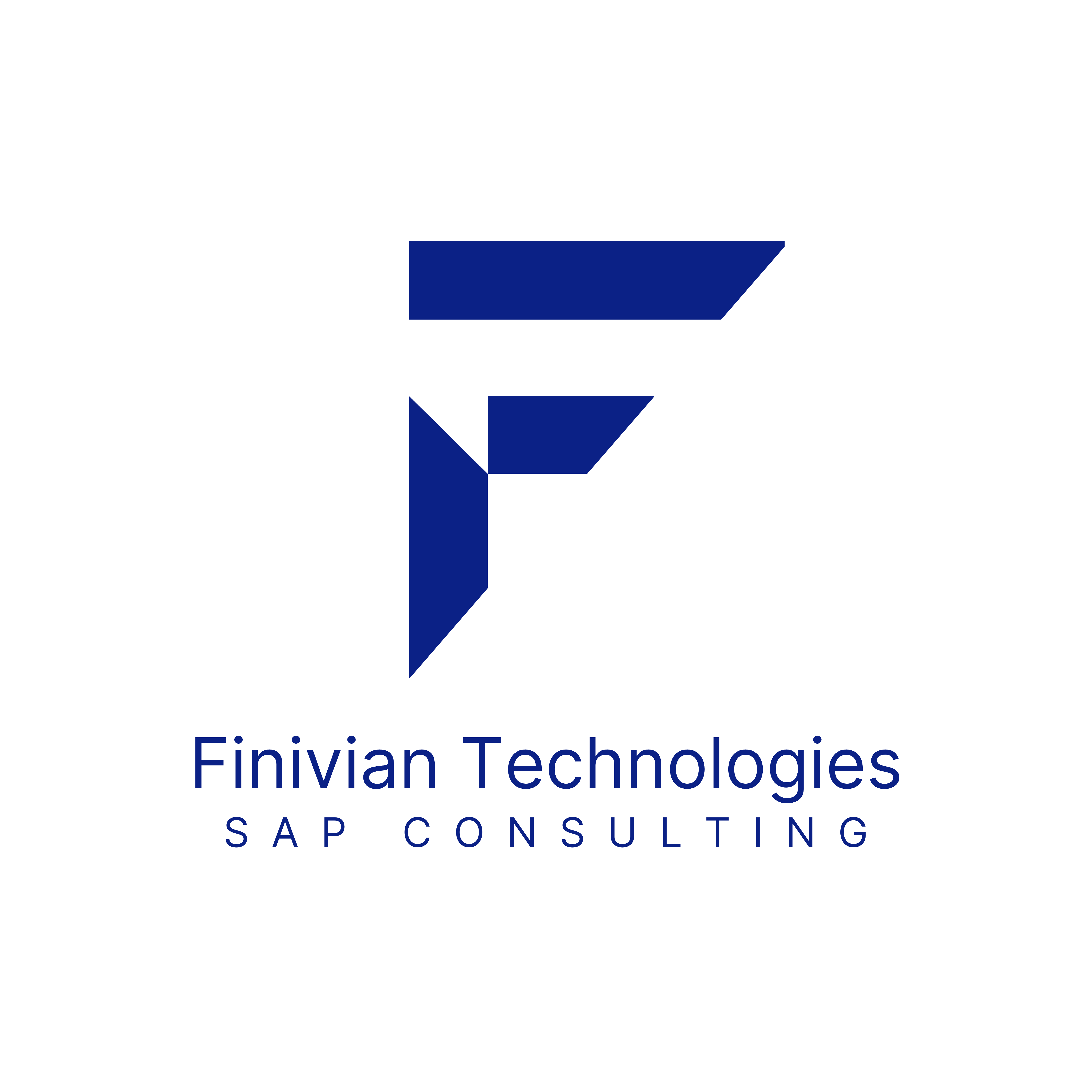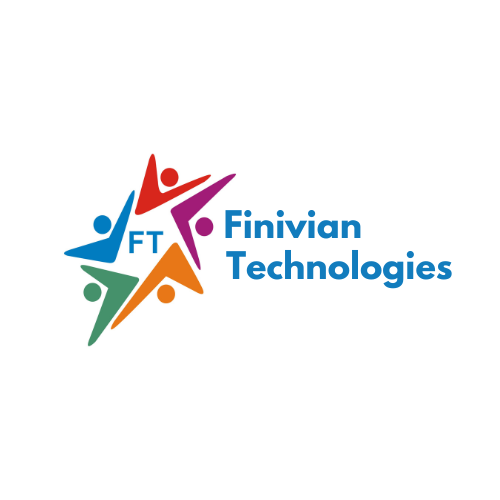Table of Contents:
- Introduction: Why SAP Is Worth Learning in 2025?
- SAP in 2025: What’s Changed and What Hasn’t?
- Step 1: Understanding the SAP Landscape.
- Step 2: Choosing the Right SAP Module.
- Step 3: Free Resources to Start With?
- Step 4: Building a Realistic Learning Plan.
- Step 5: Hands-On Experience — The Real Game Changer.
- Step 6: Getting Certified — Is It Necessary in 2025?
- Step 7: Joining the SAP Community and Networking.
- Step 8: Creating an SAP-Focused Portfolio.
- Final Thoughts: My Advice to Aspiring SAP Consultants.
1. Introduction: Why SAP Is Worth Learning in 2025?
If I had to start my SAP journey from scratch in 2025, I wouldn’t hesitate for a second. Why? Because SAP is more relevant than ever.
With over 400,000 companies across 180+ countries relying on SAP, it continues to dominate the enterprise software market. From finance and logistics to human resources and analytics, SAP powers the operations of giants like Apple, Amazon, Coca-Cola, and Nestlé.
In 2025, the rise of SAP S/4HANA, AI-integrated solutions, and cloud-first strategies makes it not only a valuable career path — but a future-proof one.
2. SAP in 2025: What’s Changed and What Hasn’t?
Before diving into the “how”, let’s talk about what’s new in the SAP ecosystem:
- Cloud is king – SAP BTP (Business Technology Platform), SAP S/4HANA Cloud, and RISE with SAP are now central to enterprise transformation.
- Low-code/no-code is rising – SAP Build and other tools allow business users to create apps without heavy programming.
- AI and automation – Embedded AI, machine learning, and intelligent process automation are now part of SAP’s core offerings.
- Certifications are more streamlined – New learning journeys on SAP Learning Hub and openSAP have made certification paths clearer.
Yet, one thing remains the same: SAP is still vast, complex, and incredibly rewarding.
3. Step 1: Understanding the SAP Landscape.
If I were new in 2025, the first thing I’d do is map the SAP universe.
SAP is not just one software — it’s a suite of interconnected applications categorized into different functional and technical modules:
- Functional Modules: SAP FI (Finance), MM (Materials Management), SD (Sales & Distribution), HCM (Human Capital Management), etc.
- Technical Modules: ABAP, SAP BASIS, SAP Security, SAP Fiori/UI5.
- Advanced Modules: SAP BTP, SAP Analytics Cloud, SAP IBP, etc.
💡 Tip: Spend a week just reading about different modules and industries that use them. Use resources like:
- SAP.com Solutions
- YouTube overview videos
- SAP blogs on Medium and LinkedIn
4. Step 2: Choosing the Right SAP Module.
This is where 90% of beginners get stuck. If I were beginning again, I’d ask:
“What’s my background, and what do I enjoy?”
Example matches:
- Background in accounting? → SAP FI or S/4HANA Finance
- Supply chain knowledge. → SAP MM, WM, or IBP
- Into coding? → ABAP or SAP BTP
- Interested in design and UX? → SAP Fiori/UI5
- Data-driven? → SAP Analytics Cloud or BW/4HANA
✅ Pro Tip: Don’t choose a module just because it’s trending. Choose one that aligns with your long-term interest.
5. Step 3: Free Resources to Start With?
In 2025, you don’t need to pay to get started. I’d begin with the following:
🎓 Platforms:
- SAP Learning Hub – Free Edition
- openSAP Courses
- YouTube channels like “Michael Management,” “SAP Yard,” and “S/4HANA Simplified”
📚 Blogs and Communities:
- SAP Community (community.sap.com)
- Reddit: r/SAP
- LinkedIn SAP Influencers
🛠️ Hands-on:
- SAP’s free tier on SAP BTP (for technical users)
- Trial systems through openSAP or Michael Management
6. Step 4: Building a Realistic Learning Plan.
If I had to start again, I would NOT binge everything in 2 weeks and burn out.
Instead, I’d:
- Pick a module (e.g., SAP MM).
- Set a 3-month learning goal.
- Study 1 hour/day or 5 hours/week.
- Break it into:
- Week 1–2: Overview + theory
- Week 3–6: Process flows + scenarios
- Week 7–9: Practice + mock projects
- Week 10–12: Sample interviews + certification prep
🧠 Bonus: Use spaced repetition tools like Anki for technical terms.
7. Step 5: Hands-On Experience — The Real Game Changer!
Theory without practice is like reading about swimming and jumping into the ocean.
In 2025, hands-on access is easier than ever:
- Michael Management: SAP simulation training
- SAP Learning Hub (professional edition): Live systems
- Open-source GitHub SAP projects (for developers)
- SAP Build: No-code app creation tool
I’d start with realistic business scenarios — like creating a purchase order in MM or building a CDS view in ABAP — not just reading config steps.
8. Step 6: Getting Certified — Is It Necessary in 2025?
Let’s be honest: Certifications are not mandatory, but they’re helpful.
If I started again, I’d focus on learning first and use certification as a confidence booster and proof point.
Best certifications to begin with (in 2025):
- SAP Certified Application Associate – SAP S/4HANA (module-specific)
- SAP BTP Developer Certification
- SAP Activate Project Manager (for consultants)
💡 Hack: SAP Learning Hub’s free tier gives access to Learning Journeys — follow them even if you don’t sit for the exam.
9. Step 7: Joining the SAP Community and Networking
In 2025, your network is your net worth. If I started again, I would:
- Join LinkedIn groups and follow SAP hashtags (#sap, #sapconsulting, #s4hana)
- Participate in SAP Community forums
- Attend virtual SAP events/webinars
- Connect with consultants and mentors in my chosen module
Conversations often lead to collaborations, mock interviews, referrals, and mentorship.
10. Step 8: Creating a SAP-Focused Portfolio
This is where most SAP learners miss out. In 2025, I’d showcase what I learn:
- Write LinkedIn posts on what I’ve learned each week.
- Create a simple Notion or personal website to document SAP mini projects.
- Share use cases, infographics, or SAP flowcharts on Instagram or LinkedIn.
- Contribute to open-source SAP projects on GitHub (for developers).
Having a digital footprint in SAP sets you apart and attracts recruiters.
11. Final Thoughts: My Advice to Aspiring SAP Consultants
If I had to start again in 2025, I’d focus on:
- Clarity over chaos — pick a module and stay consistent.
- Learning by doing — hands-on is 10x better than passive reading.
- Community > Competition — connect, share, help.
- Visibility matters — let the world see your progress.
SAP might seem overwhelming but so is any high-value skill. Start slow, stay focused, and within 6–12 months, you can be industry-ready.
🚀 Get Access to Consultants Who Are SAP-Ready from Day One.
Trained. Certified. Practical. Our SAP consultants are equipped to add value from the moment they join your project.
Trust Finivian Technologies for dependable, future-proof SAP talent.
💼 Let’s build success together — schedule a consultation.

